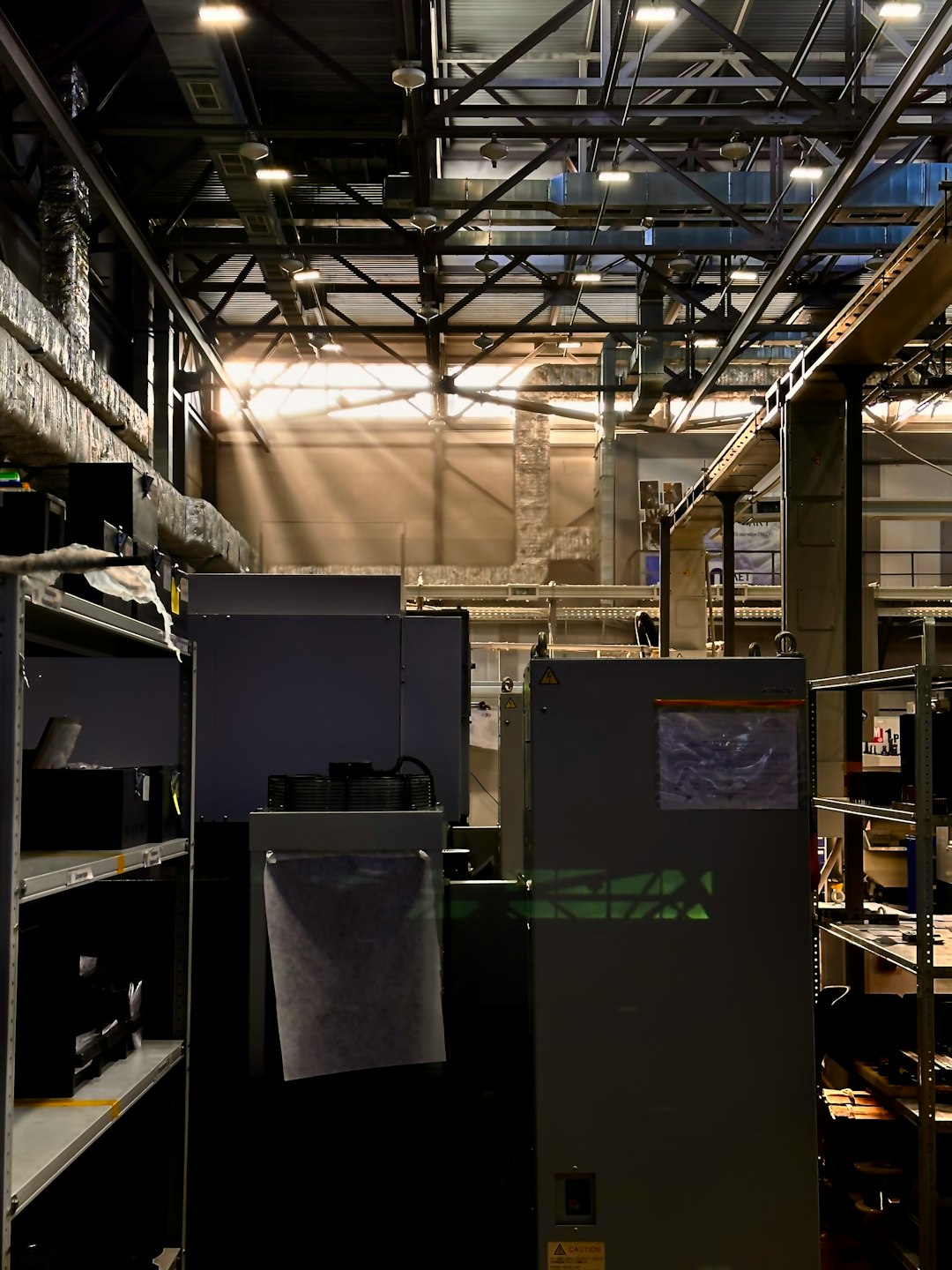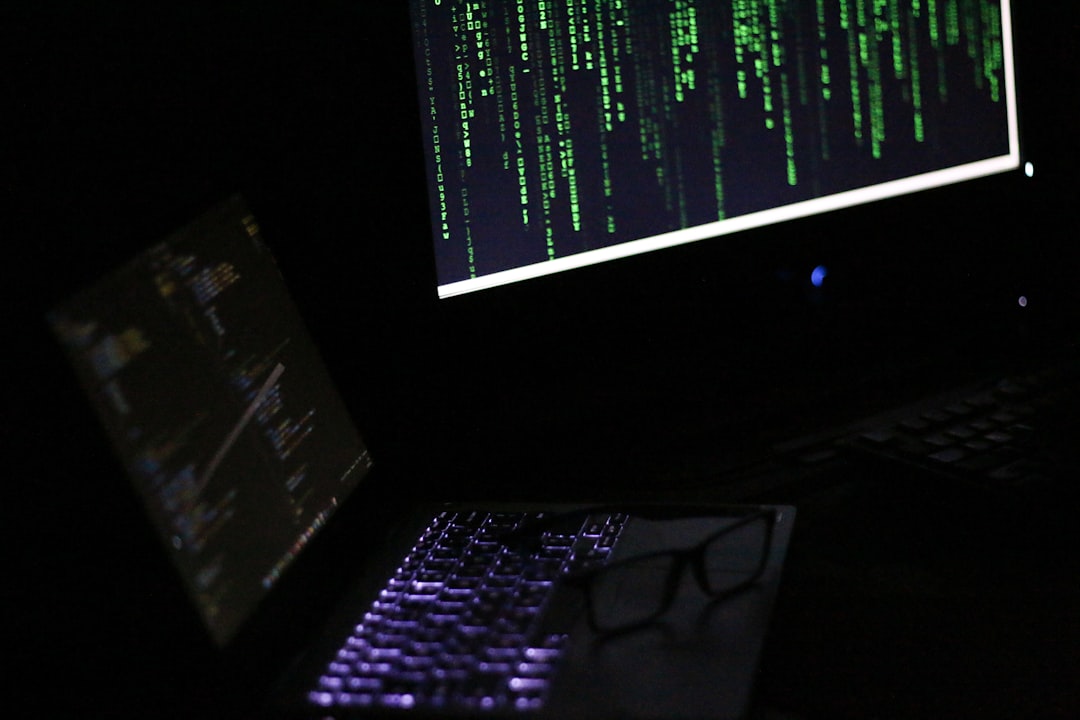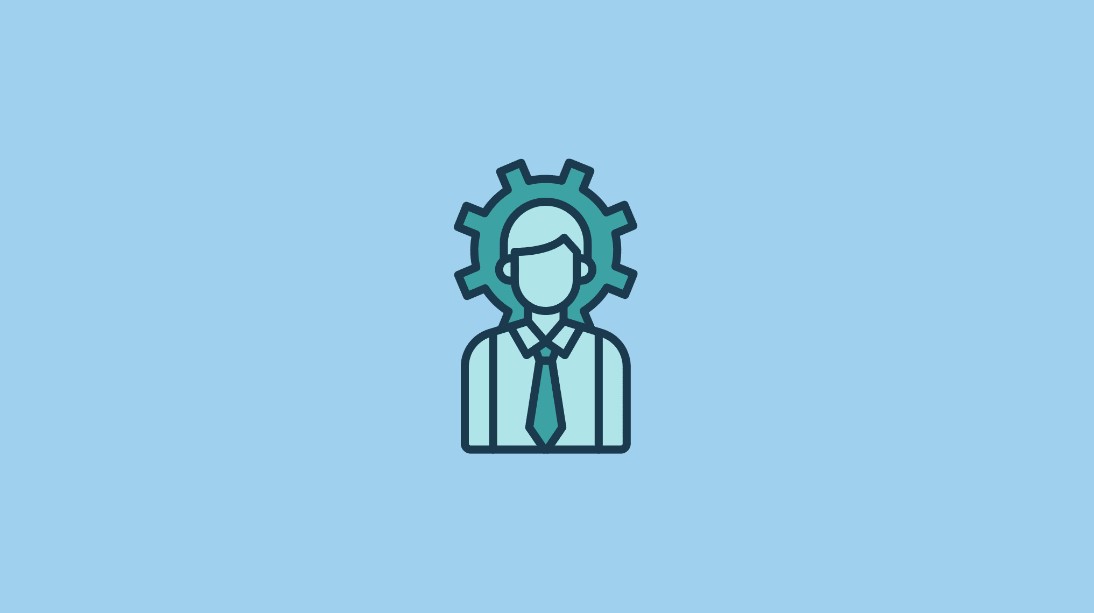In the modern digital landscape, organizations increasingly rely on high-performance, secure, and scalable infrastructure to run mission-critical applications. As businesses grow, many turn to managed colocation services for strategic IT infrastructure solutions. A common question among businesses considering this step is: Can I access my servers remotely with managed colocation services? The short answer is yes—managed colocation services not only allow remote access but are designed to optimize it with robust security and control features.
Managed colocation combines the best of two worlds: the physical security and power infrastructure of a professional data center and the operational support of a managed services provider. Companies retain ownership of their hardware while relying on experts for upkeep, network availability, monitoring, and 24/7 support. One of the key benefits of this approach is secure and guaranteed remote access to your colocated servers.

How Remote Access Works in Managed Colocation
Remote access to servers in a managed colocation facility is typically achieved through a secure network connection. The most common methods include:
- VPN (Virtual Private Network): Provides an encrypted tunnel between your local network and the data center.
- Remote Desktop Protocol (RDP): Enables direct control of Windows-based servers using Microsoft’s secure remote access service.
- SSH (Secure Shell): Offers command-line access to Linux and Unix servers with advanced encryption.
- KVM over IP (Keyboard, Video, Mouse): Allows BIOS-level remote control of physical servers, ideal for troubleshooting and software installations.
With the right setup, these tools allow IT teams to manage, monitor, and maintain colocated equipment 24/7 from anywhere in the world, all while preserving security and compliance requirements.
Key Benefits of Remote Access in Managed Colocation
The ability to access colocated servers remotely is not merely a convenience—it is a crucial advantage that enhances operational efficiency, reduces overheads, and improves business continuity. Below are some benefits:
- Reduced On-Site Visits: Most configuration and maintenance tasks can be performed remotely, minimizing the need for travel and associated costs.
- Enhanced Response Time: Quick access to servers enables IT teams to respond rapidly to incidents, significantly reducing downtime.
- 24/7 Monitoring and Support: Managed service providers typically offer around-the-clock system monitoring and assistance, ensuring constant uptime and issue resolution.
- Improved Security: Data centers implement advanced authentication protocols, encryption, and secure network architectures to protect remote connections against unauthorized access.
Furthermore, these services often include detailed activity logging and remote session tracking—giving your business full visibility into who accessed what, when, and where.

Security Considerations
Despite the conveniences, remote access must be approached carefully. Managed colocation providers prioritize the implementation of industry best practices for security. These include:
- Two-Factor Authentication (2FA): Ensuring only authenticated users gain access to your systems.
- Firewall Configuration and Filtering: Prevents unauthorized access attempts and monitors traffic.
- End-to-End Encryption: Protects data integrity and confidentiality during transmission.
- Role-Based Access Control (RBAC): Assigns access privileges based on specific job functions.
Organizations are encouraged to work closely with their managed colocation provider to carry out routine security audits, maintain updated access control lists, and enforce organizational security policies across all endpoints.
Choosing the Right Managed Colocation Provider
Not all providers offer the same level of remote accessibility and management. When evaluating vendors, consider:
- Redundancy in power and connectivity infrastructure
- Availability of multiple remote access protocols
- 24/7 support and on-site certified technicians
- Data center security certifications (e.g., SSAE-18, ISO 27001)
- Transparency in logging and monitoring capabilities
Businesses should opt for providers that are transparent about their SLAs and have a proven track record of providing robust, secure remote access solutions tailored to different industry needs.
Ultimately, remote access is a fundamental feature of managed colocation services. With the right infrastructure, policies, and support in place, organizations can enjoy a highly secure, always-accessible environment for their mission-critical systems—empowering IT teams to work with agility and confidence no matter where they are located.





